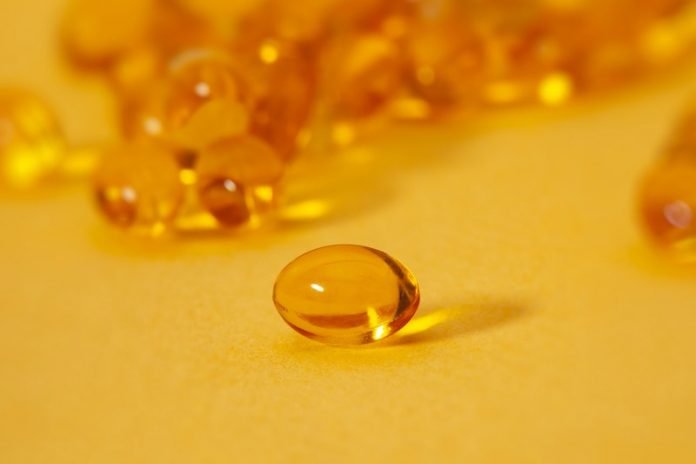
In a new study from Dana-Farber Cancer Institute, researchers found consuming higher amounts of Vitamin D – mainly from dietary sources – may help protect against developing colorectal cancer or precancerous colon polyps in adults younger than age 50.
The finding could potentially lead to recommendations for higher vitamin D intake as an inexpensive complement to screening tests as a colon cancer prevention strategy for.
While the overall incidence of colorectal cancer has been declining, cases have been increasing in younger adults – a worrisome trend that has yet to be explained.
The team noted that vitamin D intake from food sources such as fish, mushrooms, eggs, and milk has decreased in the past several decades.
There is growing evidence of an association between vitamin D and the risk of colorectal cancer mortality. However, no research examined whether total vitamin D intake is associated with the risk of young-onset colorectal cancer.
In the study, the team calculated the total vitamin D intake – both from dietary sources and supplements – of 94,205 women participating in the Nurses’ Health Study II (NHS II).
This study is a prospective cohort study of nurses aged 25 to 42 years that began in 1989.
The researchers focused on a primary endpoint – young-onset colorectal cancer, diagnosed before 50 years of age.
They found that a total vitamin D intake of 300 IU per day or more – roughly equivalent to three 8-oz. glasses of milk – was linked to an approximately 50% lower risk of developing young-onset colorectal cancer.
The same link was found between higher vitamin D intake and the risk of colon polyps detected before age 50.
The link was stronger for dietary vitamin D – principally from dairy products than from vitamin D supplements.
Interestingly, the researchers didn’t find a significant association between total vitamin D intake and the risk of colorectal cancer diagnosed after age 50.
They further research in a larger sample is necessary to determine if the protective effect of vitamin D is actually stronger in young-onset colorectal cancer.
In any case, the team concluded that higher total vitamin D intake is associated with decreased risks of young-onset colorectal cancer and precursors (polyps).
If you care about colon cancer, please read studies about how to protect yourself from colon cancer and findings of this vitamin level in the body linked to your colon cancer risk.
For more information about colon cancer and your health, please see recent studies about using this common drug before diagnosis may lower colon cancer death risk and results showing that these 3 things linked to higher colon cancer risk.
The study is published in Gastroenterology. One author of the study is Kimmie Ng, MD, MPH.
Copyright © 2021 Knowridge Science Report. All rights reserved.



